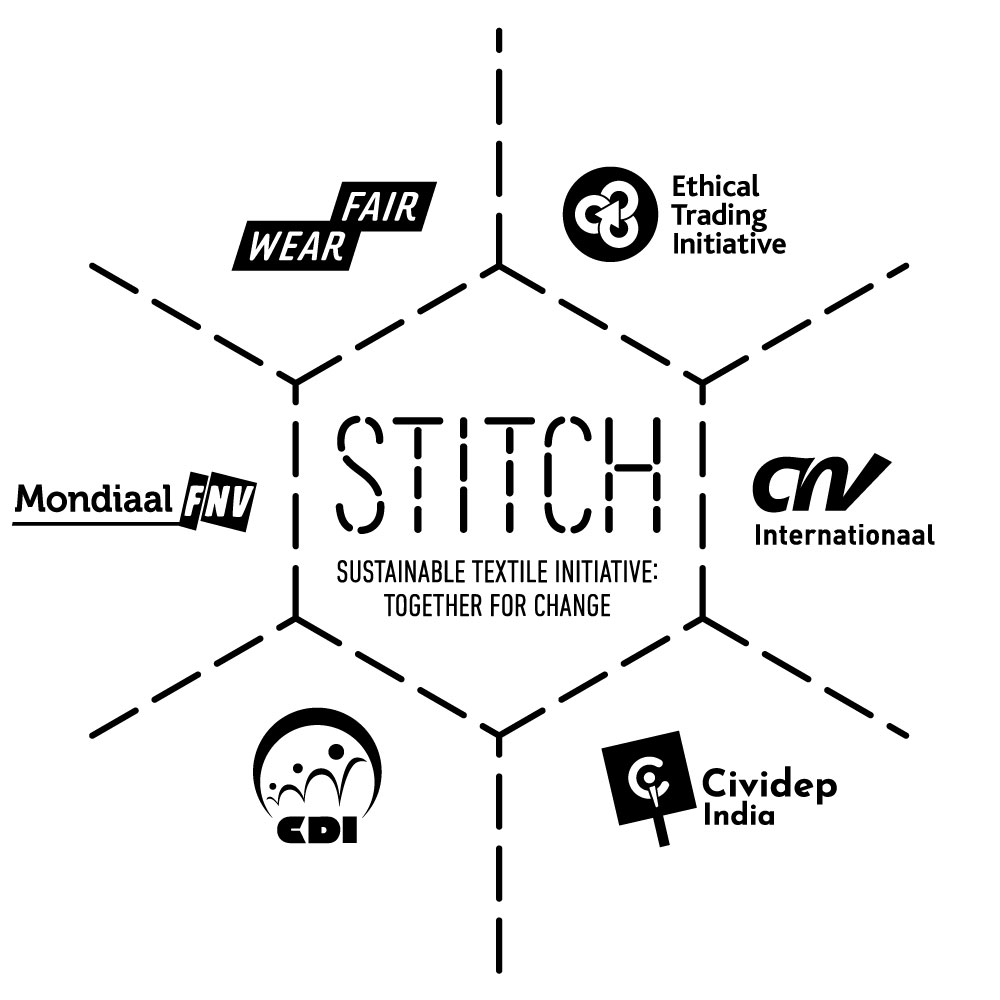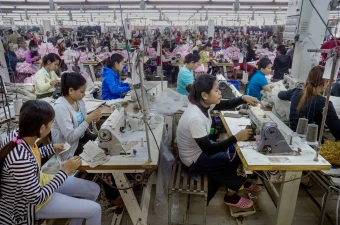The European Parliament adopts the Corporate Sustainability Due Diligence Directive
The European Parliament has officially approved the CSDDD (Corporate Sustainability Due Diligence Directive) legislation on April 24. The law obliges companies to treat human rights and the environment with proper care. Companies can, for example, be held liable if they are profiting from child labour or forced labour in their production chain.
The version of this directive that has now been adopted has been substaintially toned down. Nevertheless, we consider this legislation to be a game changer to improve the labour rights of workers in supply chains worldwide. Companies must act with proper care in regard to human rights and the environment in their value chains, in accordance with the size of the company and the conditions of the chains.
- For the textile industry in particular, limiting the scope to very large enterprises is regrettable, as the majority of the industry is an SME. The impact of the legislation will therefore be greatly dependant on the trickle-down effect from large companies conducting their HREDD and expecting their suppliers to do so too. · A phased approach will give public authorities and companies more time to prepare, but entails national level laws being in place longer and positive impact of the legislation taking years, of not a decade, to materialise.
- Positive impact will depend on strong, clear and practicable European Commission guidelines, clarifying concepts such as ‘responsible purchasing practices’ and ‘meaningful stakeholder engagement’.
- These – sector specific – guidelines need to be founded in the knowledge and experience of expert organisations already active in promoting better working and living conditions, such as Trade Unions and MSI’s.
Despite significant concessions that were made during the prolonged negotiations in the Council leaving a trimmed-down CSDDD, we know from experience with existing due diligence legislation such as the German Supply Chain Act, that shortcomings can be mitigated in the implementation phase or - given the review clause in the CSDDD - remedied after evaluation.
Based on our long-term experience with implementing human rights due diligence and improving working conditions in the garment and textile industry – together with brands, trade unions and trade union federations, local and international NGOs, manufacturers and their associations, and many others - we are confident that the CSDDD has the potential to provide the blueprint for positive change in global supply chains and will be looking to support this in the coming years

Publication date 24 04 2024


